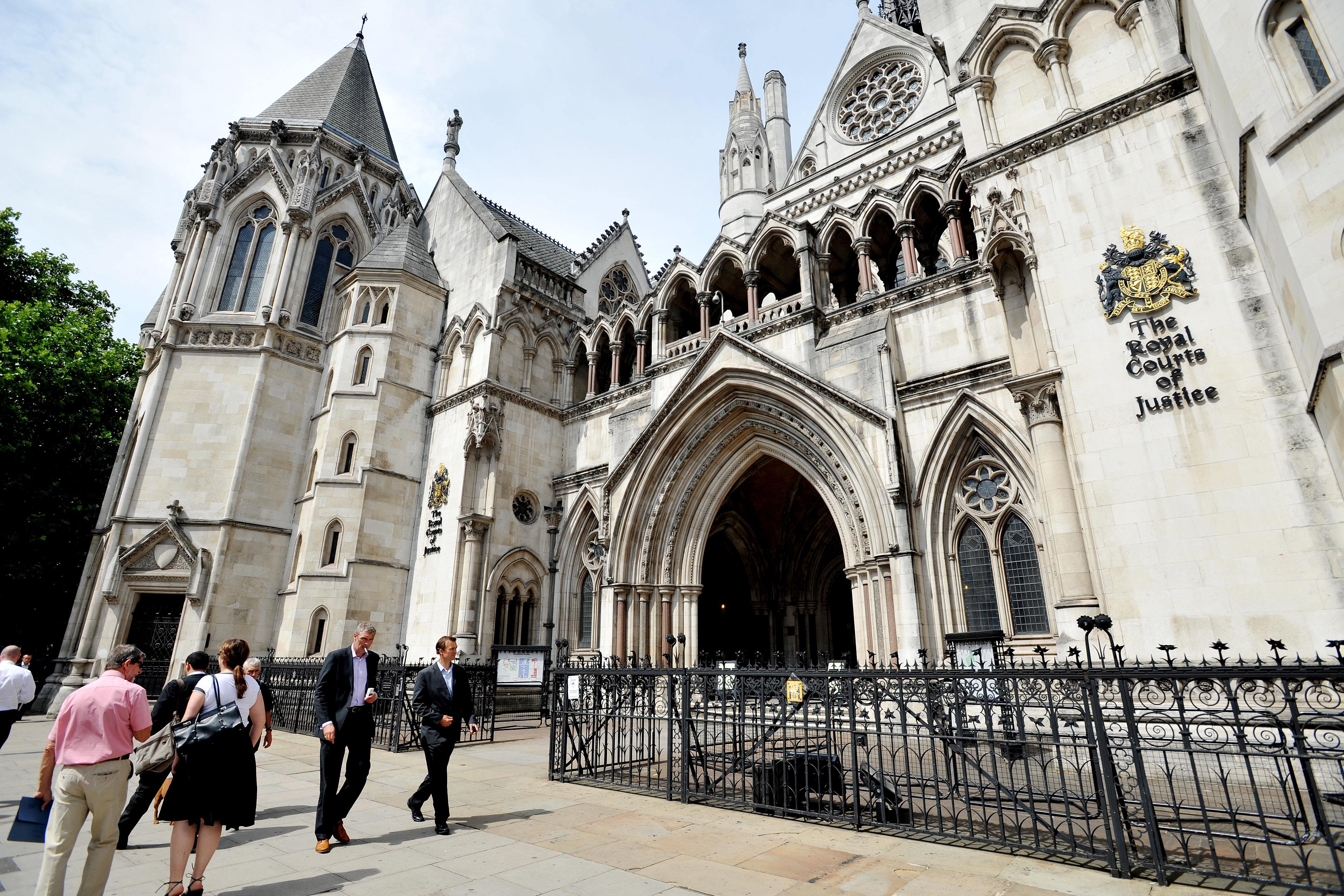ARTICLE AD BOX
A near-four decade old murder case is to be considered at the Court of Appeal in what could be the UK’s longest running miscarriage of justice.
Peter Sullivan was convicted in 1987 for killing florist and part-time barmaid Diane Sindall, 21, is being challenged over conflicting DNA evidence, concerns over analysis of bite marks and the conduct of police interviews.
He has served 38 years in prison for murder and has tried twice before to get his conviction overturned.
Miss Sindall was brutally killed after she left work in Bebington, Merseyside, in August 1986, and Sullivan was convicted in November 1987 of her murder.
It was alleged that he had spent the day drinking heavily after losing a darts match, and went out armed with a crowbar before a chance encounter with Miss Sindall.

Her florist van had broken down on her way home from a pub shift and she was walking to a petrol station, when she was beaten to death and sexually assaulted, and her body left partially clothed and mutilated.
At the time, detectives said it was one of the worst murder cases they had worked on due to the extent of the injuries. Sullivan, aged 29 at the time, was nicknamed “wolfman” because of bite marks found on the victim’s body.
In November the Criminal Cases Review Commission (CCRC) said that Sullivan’s conviction had been referred to the Court of Appeal on the basis of DNA evidence.
Samples taken at the time of the murder were re-examined and a DNA profile that did not match Sullivan was found, the commission said.
Sullivan applied to the body to have his case re-examined in 2021, raising concerns about police interviews, bite mark evidence and the murder weapon.
He claimed he had not been provided with an appropriate adult during interviews and was initially denied legal representation.
Sullivan had previously applied to the CCRC in 2008 raising questions about DNA evidence, but forensic experts said that further testing was unlikely to reveal a DNA profile.
He applied to the High Court for permission to appeal against his conviction in 2019 over bite mark evidence, but this was rejected by the Court of Appeal in 2021.
In March this year, Merseyside Police said detectives have yet to discover who the second DNA profile belongs to, having found no match on the national database.
Investigators have written to people identified in the original inquiry to ask them to provide voluntary DNA samples for elimination.









 English (US) ·
English (US) ·